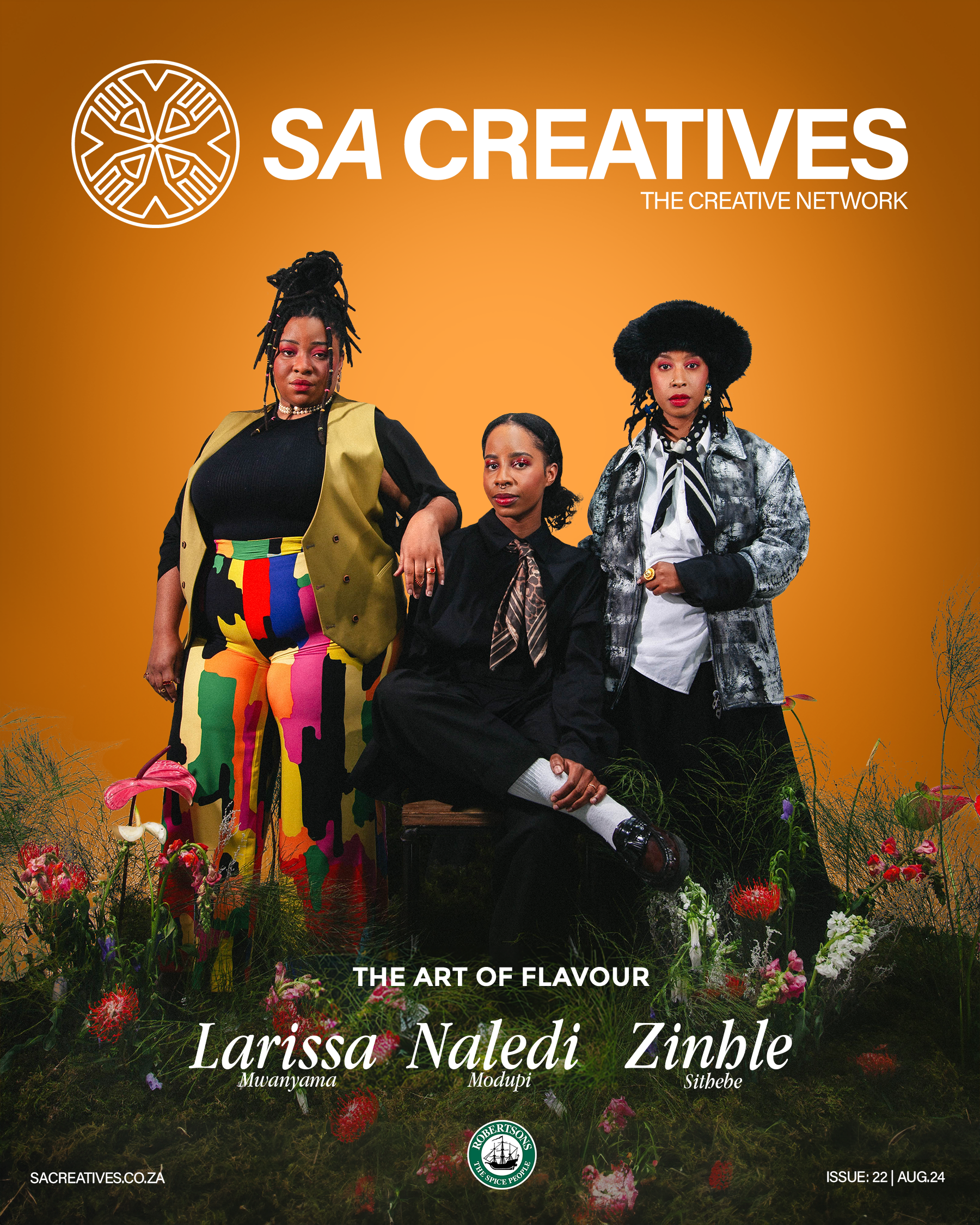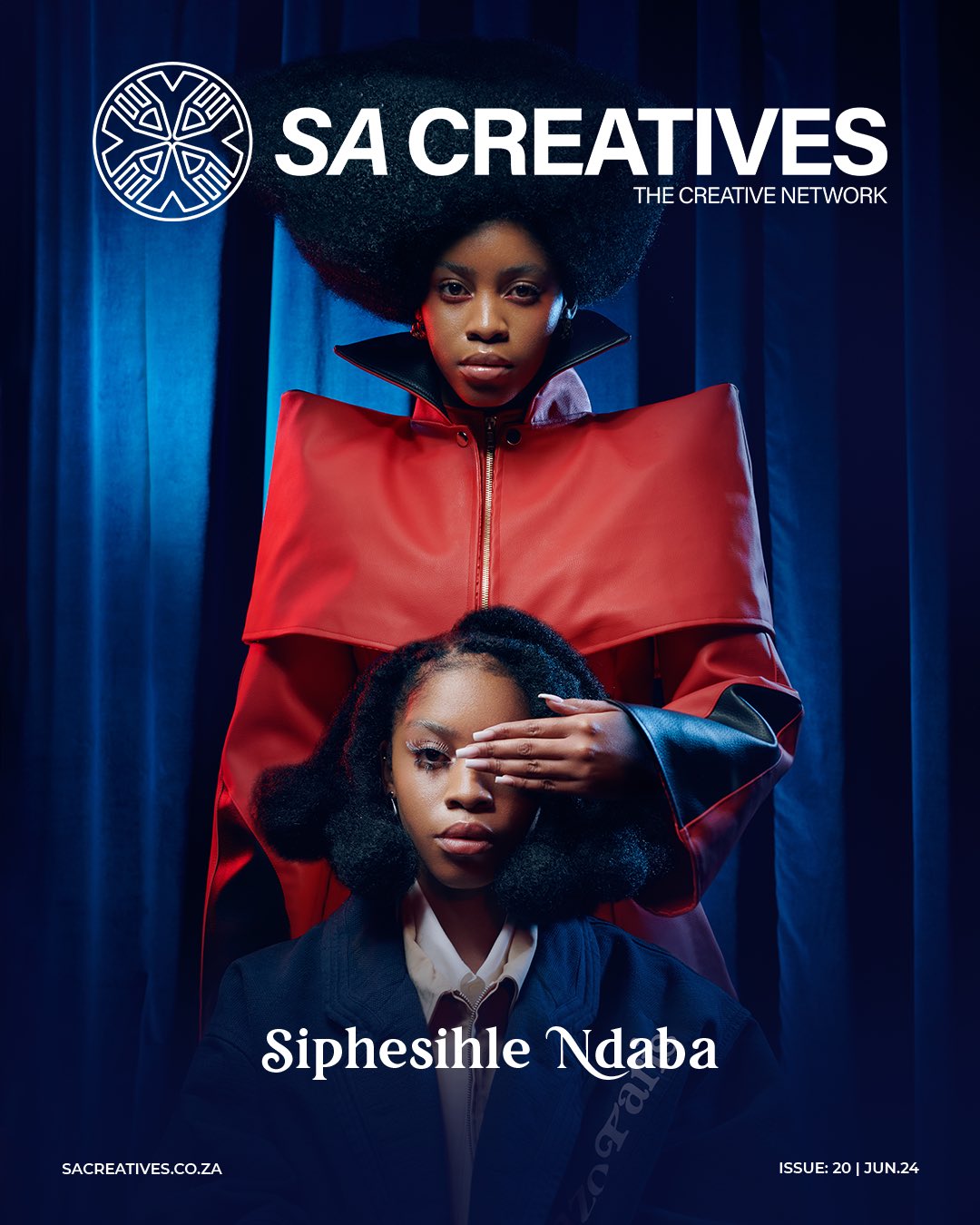Where do films go after festivals? The short, passion-fuelled, sleepless-night creations born from independent filmmakers’ grit and resilience.
The niche documentaries; subjective, stirring, and undeniably resonant. The fictional works that confront the traumatic experiences of young women who know too well how easily one can become a casualty of a patriarchal culture never designed for their safety or success. And what about the films that explore how society infantilises disabled people, excluding them even from stories of love, purpose, and hope?
At Pretty Girls Like Film, these stories find new life. The evening’s line-up featured Her Khaltsha by Robyn Phillips, a documentary following a group of young female cyclists from Khayelitsha whose resilience becomes its own act of rebellion. The Bucket List by Sapho Wulana offered an unflinching reflection on grief and the premature loss of mothers, its intimacy raw and disarming. Then came Hush, directed by Talya Galasko, a covert, non-linear short about sexual assault and the environments that enable it. The audience gasped as if struck by a plot twist, but it wasn’t fiction that caused that visceral reaction; it was recognition. Finally, Nkanyezi, directed by Monde Sibisi, offered a tender reprieve: a love story about a wheelchair-bound woman learning to free herself from her mother’s restraint and limitations.
Pretty Girls Like Events, a socio-cultural collective founded by Mbasa Masiza and Buhle Seya, has become a vital space for women’s narratives, talents, and voices to take centre stage. From women-led DJ series to film screenings that move between joy, pain, and empowerment. Their collaboration with the dynamic multimedia production company Ontanga, led by Junior Ferreira and Elethu Lusithi, feels inevitable, a meeting of intention and heart. Together, they hosted their first Pretty Girls Like Film screening in 2024, and this year’s edition was a testament to growth, care, and intentionality.
Held at The Pink Room in The Gorgeous George Hotel, the evening unfolded like a love letter to community. A quietly buzzing crowd gathered to watch, to listen, to feel. The air was heavy with thoughtfulness, and poetry softened the edges between screenings; conversations bloomed in pockets between clinking glasses.
Every detail carried intention. The camera flashes caught moments of connection, people deconstructing, exchanging ideas, and connecting. The curation was delicate yet daring, and the love for film and for each other’s artistry pulsed through every moment.
SA Creatives sat down with Mbasa Masiza and Buhle Seya of Pretty Girls Like Events, along with Junior Ferreira and Elethu Lusithi of Ontanga, to talk about curation, community, and the beauty of collaboration.
SA Creatives: How would you introduce yourself to someone who has never met you?
Mbasa Masiza: Personally, I’m a storyteller and lover of stories. Professionally, I’m an entrepreneur and cultural producer. I started my own business and realised I could combine cultural production with it. After visiting Joburg and seeing the underground music scene and the culture surrounding it, I was inspired to create and foster similar spaces and experiences in Cape Town.
Junior Ferreira: I’m a fun, chill guy at heart, a storyteller, lover of fashion and the arts, and an entrepreneur and filmmaker. I am mostly someone who creates the world I want to live in. Through initiatives like Ontanga and The Rag Rack, we have always aimed to connect people to the inaccessible parts of the film and fashion industries.
Elethu Lusithi: I’m a creative, photographer, and lover of arts, fashion, and storytelling, and I am one of the founders of Ontanga Group and Rag Rack. I especially liked this initiative because Pretty Girls Like Film allows us to showcase visually appealing forms of art and celebrate creativity – I just love art.
Buhle Seya: I see myself as someone who expresses freedom through creativity. I am also a digital designer and cultural producer.

SA Creatives: What made your respective organisations come together to work on this event? What made you decide that this would be a harmonious or worthy collaboration?
Masiza: (laughs) We didn’t. It was trial and error at first. Pretty Girls Like Events was born from a need to create the kind of spaces we wanted to be part of but didn’t yet exist. My childhood dream was to become a famous actress, but after moving to Joburg and being exposed to the industry there, I realised I was a bit too naïve and maybe a late bloomer. Still, I wanted to find a way to engage with the arts community. So I decided to put acting on hold and find a way to make the industry come to me instead.
When I moved back to Cape Town after graduating, I noticed how much more exclusive creative spaces had become. I still wanted to engage with my love for film, and that naturally evolved into organising film screenings. I wanted to create a place where all kinds of people could meet, whether someone had studied the arts or was simply curious and passionate about them. My goal was to connect people through their shared love of storytelling. Still, the quality of what we were showcasing was of importance to me, so we knew the guys over at Ontanga were more than equipped to vet the films and share their specialised knowledge. Working with them felt like a no-brainer in that regard.
Ferreira: We first met Mbasa at a DJ event back in 2022 or 2023. She later approached us with the idea of collaborating on film screenings. It made perfect sense because it aligned with our mission — to platform disenfranchised voices and motivate women to take up space in industries where they’re often overlooked.
Since Ontanga is a film production company, it also gave us a way to showcase the kind of work we make. We became a sort of vetting board, helping ensure every screening delivered quality and variety; a range of films that challenge, move, and represent.
It’s about building a platform that extends the life of films beyond the usual festival run — giving them another home, another audience, and another chance to connect.
SA Creatives: Could you explain the curatorial process for selecting films? While only four short films were screened, they were diverse in emotion and narrative– it all felt intentional.
Masiza: The first year was chaotic; we didn’t really know how to source films or what the process should look like. But this year, we’ve found our rhythm.
Ferreira: My side involves outreach — sending out a lot of requests to filmmakers and curating from the responses we get. Once we receive the films, we review them carefully: image quality, sound, grading, and overall presentation. If something doesn’t meet the standard, we reach out to see if there’s another version available.
Then we structure the order of screenings based on emotional energy. For example, one film might explore grief and loss, while the next brings a sense of hope or community. It’s about pacing, making sure the audience feels something without becoming emotionally drained.
That awareness comes from understanding how people respond emotionally. We know audiences can be deeply affected, so we don’t just play films for the sake of filling the program. Every selection is intentional, guided by how it will make people feel, because we know firsthand how those stories made us feel.
SA Creatives: What was it about the selected films that resonated with you personally?
Masiza: I was drawn to Nkanyezi.I was initially fascinated by the story behind the film and how it was created entirely using CGI environments. But beyond that, I loved the theme of love and romance within Black families. It’s a subject that’s rarely discussed in homes, especially for women.
Another film, The Bucket List by Sapho Wulana, struck me deeply. It’s a documentary about loss and healing, and it made me think about how people cope after losing their parents. I love films that open up those kinds of conversations and address rarely explored dynamics — ones that stay with you and make you want to talk about them more than just watch them.
Lusithi: I loved watching Her Khaltsha. Growing up there in Khayelitsha, I’d never seen women on bikes; it was always men. Seeing these girls not just cycling but also part of a mentorship program that taught them life skills felt powerful. The film’s energy, direction, and grading were incredible; it really hit home.

SA Creatives: One of my favourite parts of the screening was the panel discussion. Why was that communal exchange important to you?
Masiza: Conversation is how stories have always been passed down in my culture and religion. I wanted people not just to watch films but to meet and talk to the people who made them. It’s rare to sit with a director and ask about their process. The panels came from that desire to connect people, exchange ideas, and learn through dialogue. Honestly, every time we have panels, I’m surprised by the number of questions the audience asks. It shows how hungry people are to engage.
Ferreira: It gives filmmakers a voice and allows audiences to react in real time. The [panel] discussion opens space for unexpected conversations, which is part of what makes these events special. It reminds people, even those who aren’t filmmakers, that their perspectives are valid.
Masiza: Our slogan is “building a community to start a social movement.” These panels break the ice and get people talking. Ideally, someone leaves thinking, “I want to work with that person.” That’s the goal.
SA Creatives: What are the next steps for Pretty Girls Like Film and Ontanga?
Masiza: We just hit one year of Pretty Girls Like Film, and I’m excited to see how we grow, how we learn to work even better together, and understand our audience more deeply. I’m focused on the people who attend our screenings — studying who they are, what they love, and what kind of spaces they want.
Seya: Definitely expanding collaborations and adding other artistic elements to our events, and creating a more holistic experience.
Ferreira: For us, it’s about improving continuously, screening more films, exploring new environments, and giving people spaces to connect. If someone says, “We met at your event, and now we’re working together,” that means the world to us. That’s the kind of impact we want.





